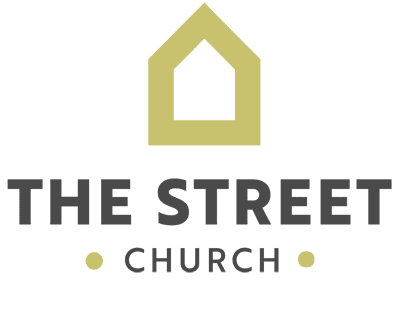Are we nearly there yet? It’s a classic phrase associated with children on long journeys. When we hear a child say this, I think we tend to smile in a semi-patronising way. “Ah bless, kids just don’t get how long it takes to get somewhere.”
And yet I wonder how often God has to be gracious with us because we’re asking the same question.
We’re on a journey as a church towards being locally present in communities around the city. One of the challenges that’s taking longer than I hoped is working out the nature of how these can be led and who can do it. I know that God can answer our prayers in a moment. I know he can produce a solution out of thin air. However he hasn’t yet done so.
Are we nearly there yet? “Ah bless,” says God to me!
The thing I’m learning is that whatever challenge is in front of us won’t be a challenge forever. What feels like it’s going on for eternity is only actually temporary. And yet God is using the trials in our life to form a Christ-like character that will go on forever. He’s using this season in our church to mature and purify His bride and to prepare her to be with Him forever. He’s more interested in working in us than in the situation.
It’s here that we begin to understand the origins of the phrase, “God is in the waiting.” Waiting for us is so often pointless. The traffic in the morning, the queue for security, the endless waiting on hold. But when God allows us to wait, we can be sure that His timing is perfect and He’s doing what He promised. “...he who began a good work in you will carry on to completion until the day of Christ Jesus” (Philippians 1:9).
So be encouraged in the waiting and follow the words of Paul: “Be joyful in hope, patient in affliction, faithful in prayer” (Romans 12:12).
Much love,
Simon
This post is part of the Senior Pastor’s weekly blog. Go to the blog feed >>









